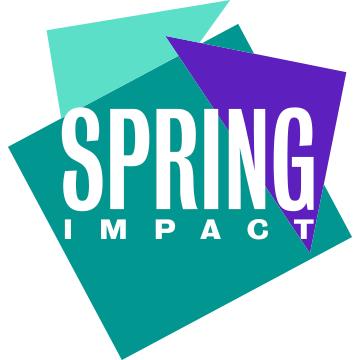One in four women and one in six men will experience domestic violence and abuse (DVA) during their lifetime, and healthcare professionals are often the ‘first point of contact’ victims and survivors. The initial action a survivor receives, and the subsequent follow-up in the wider system, can profoundly affect their ability to re-establish their life, health, and well-being but practitioners often lack the awareness, skills, or time to recognise and respond appropriately to DVA.
IRISi is a social enterprise established in 2017 to improve the healthcare response to gender-based violence. IRIS (Identification and Referral to Improve Safety) – its flagship intervention – teaches general practice teams how to identify patients experiencing the health impacts of current or past domestic violence abuse, enquire sensitively, document this in their medical records, and refer them to an advocate-educator for specialist support.
Between 2017 and 2021, the IRISi team was one of four health innovators in the Exploring Social Franchising Programme – an initiative delivered by The Health Foundation and Spring Impact to explore how social franchising principles can support scaling up within the NHS.
When IRISi started operations, the IRIS programme had already scaled organically and had seen much success in the process, being adopted by around 33 sites. However, a lack of planning or a strategy behind the scaling approach and limited systems and documentation to support the programme’s effective implementation led to inconsistencies in how the different implementers delivered the programme, depriving many victims and survivors of the care and support they needed when disclosing the abuse they had experienced.
“We were experiencing problems. Our partners didn’t know how much flexibility they had to tailor things to local circumstances. As a result, some areas started to deliver our programme in a way that wasn’t true to our model, which brought poorer outcomes for the local stakeholders and us”, mentions Lucy Downes, Network Director at IRISi.
There is when the expertise and support from Spring Impact came in.

